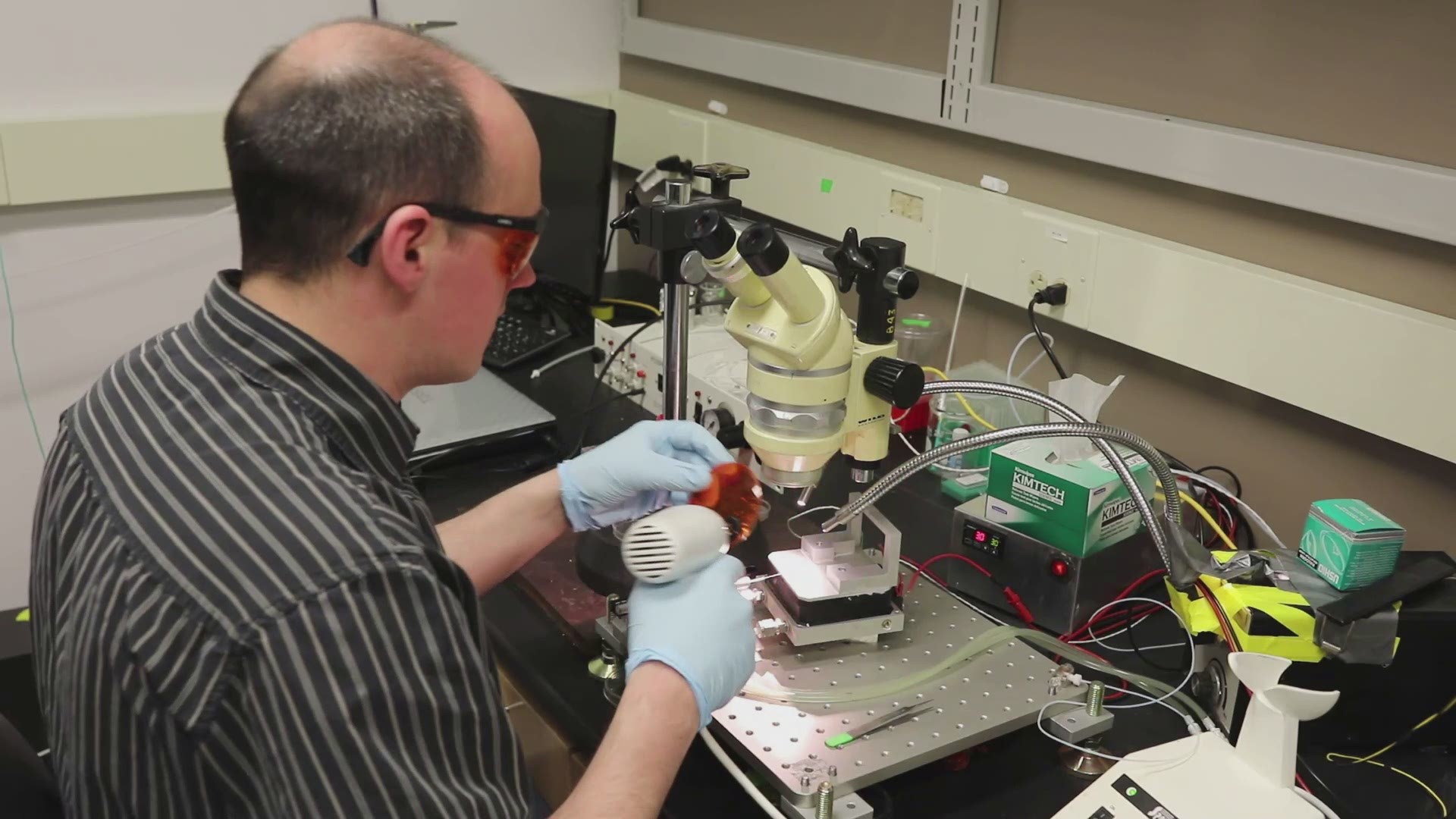SPOKANE, Wash. — Mosquitoes carrying West Nile virus (WNV) have been reported in two eastern Washington counties.
The state Department of Health (DOH) said in a news release on Tuesday that seven positive samples have been reported in Washington so far this year. Four of those were in Benton County, with another three in Yakima County.
In past years, West Nile Virus has been detected across the state.
Mosquito samples in Grant County tested positive in WNV in July 2019. A Seattle woman tested positive for WNV in October 2018 after likely contracting it in late August of the same year.
The season starts as early as June and can last until early October, according to the DOH.
No human cases have been reported in Washington state this year, but the DOH is urging people to take precautions to prevent the spread of disease. Health officials provided a handful of actions people can take to prevent mosquito bites, including:
- Use of an effective, EPA-registered insect repellent.
- Wearing long sleeves, long pants, and socks when outdoors.
- Avoid mosquito prime time. Many mosquitoes bite in the evening between dusk and dawn. Take extra care to use repellent and protective clothing during evening and morning hours.
People can also mosquito-proof their homes by installing or repairing screens on windows and doors. Steps to reduce mosquito-breeding areas around the home include emptying standing water from flowerpots, gutters, buckets, pool covers, pet water dishes, discarded tires and birdbaths on a regular basis.
West Nile virus can be a serious, even fatal, illness. It can affect people, horses, birds and other animals, and is almost always spread to people by the bite of an infected mosquito. There is no evidence that WNV can spread by direct contact with infected people or animals. .
The majority of people infected with WNV do not get sick, according to the DOH. About one in five will develop a fever or other symptoms that go away without medical treatment and about one in 150 people infected will have more severe symptoms.
Severe symptoms may include headache, high fever, neck stiffness, stupor, disorientation, tremors, convulsions, muscle weakness, paralysis and coma. People with any of these symptoms should contact their healthcare provider right away.

